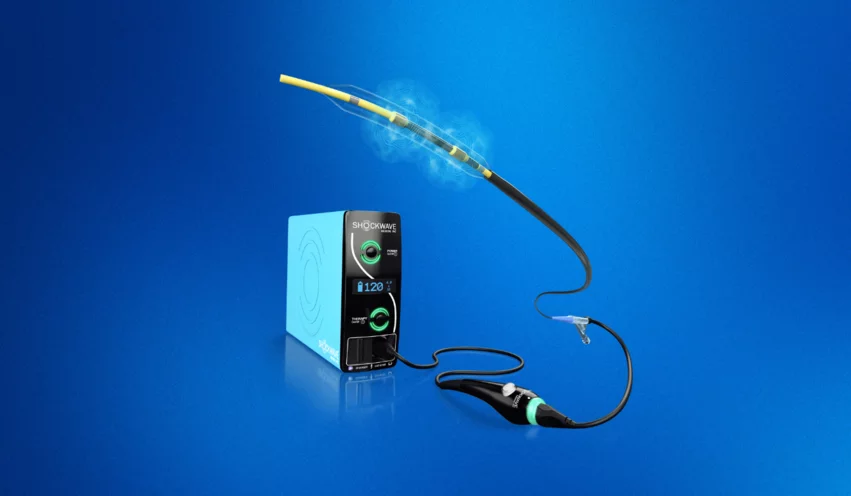Report: Johnson & Johnson once again considering deal to acquire Shockwave Medical
Johnson & Johnson is once again considering an acquisition of Shockwave Medical, the California-based company known for its intravascular lithotripsy (IVL) technology, according to a new report from the Wall Street Journal.
Sources familiar with the situation told the publication that a deal could be finalized within weeks. Shockwave Medical’s current market value is more than $11 billion, suggesting any potential deal would require a massive amount of money, even for a healthcare juggernaut like Johnson & Johnson.
If Johnson & Johnson does complete the acquisition, it would be the company’s biggest move since purchasing Abiomed for $16.6 billion back in November 2022.
No parties are commenting on the rumored acquisition at this time. Shockwave Medical’s stocks jumped when the Wall Street Journal first published its story, and they still appear to be climbing at the time of this report.
New rumors are similar to stories from 2023
In April 2023, Boston Scientific was rumored to be considering an acquisition of Shockwave Medical. Just one month later, after talks with Boston Scientific reportedly hit a snag, new rumors linked both Johnson & Johnson and Medtronic to the IVL specialists.
Shockwave Medical continues to build momentum
Shockwave Medical’s IVL technology targets severely calcified plaques in the coronary and peripheral arteries with shockwaves, clearing the way for cardiologists before percutaneous coronary intervention. The rapid rise of IVL among U.S. interventional cardiologists has been one of the industry’s biggest success stories in recent years.
Shockwave Medical has certainly remained active. In 2023 alone, the company acquired Neovasc, a medical device company focused on advanced heart disease; launched its new Shockwave L6 Peripheral IVL catheter designed for large peripheral blood vessels; introduced the Shockwave C2+ Coronary IVL catheter, which is capable of delivering 50% more pulses than the previous offering; and announced improved reimbursement rates for coronary IVL.


